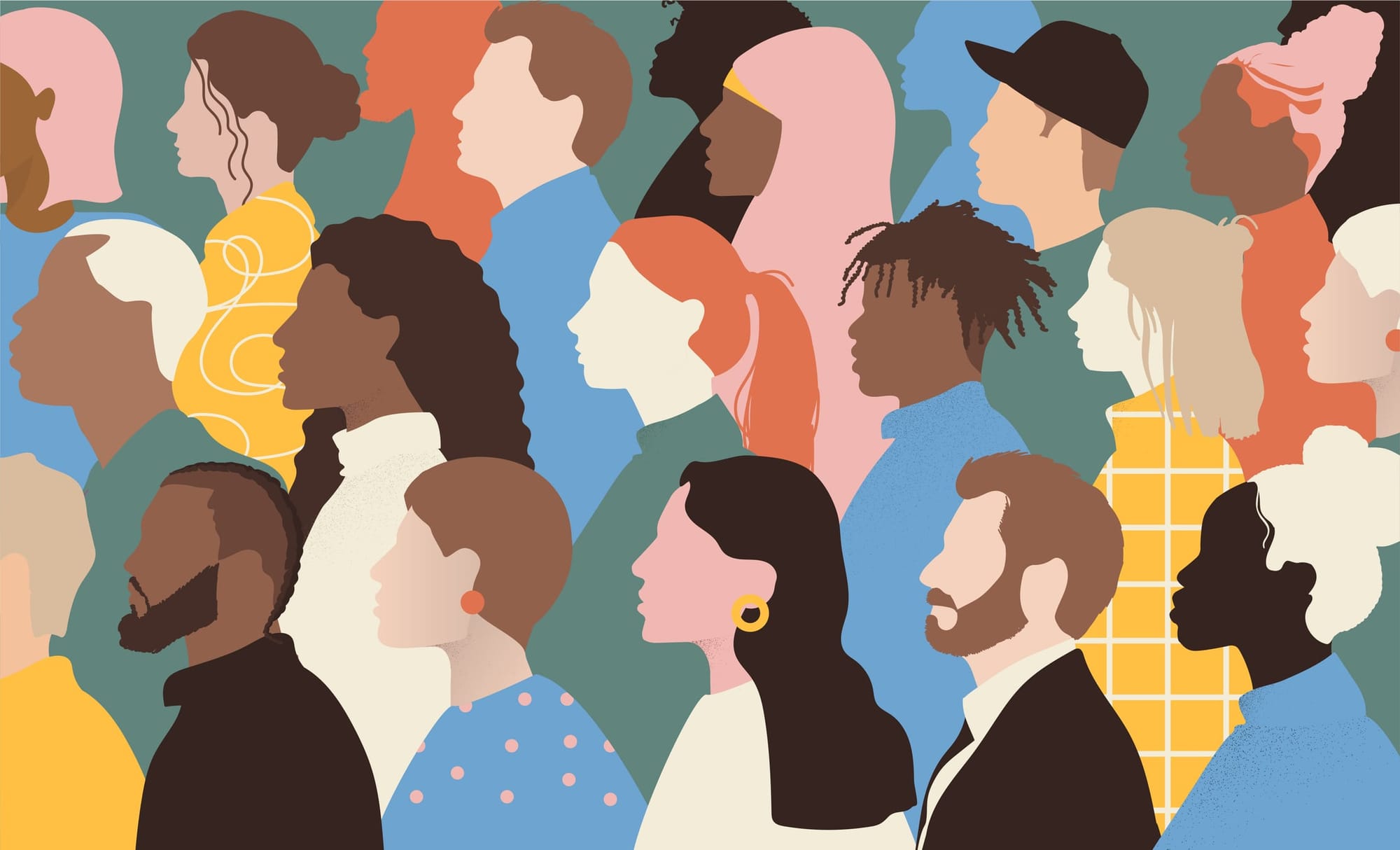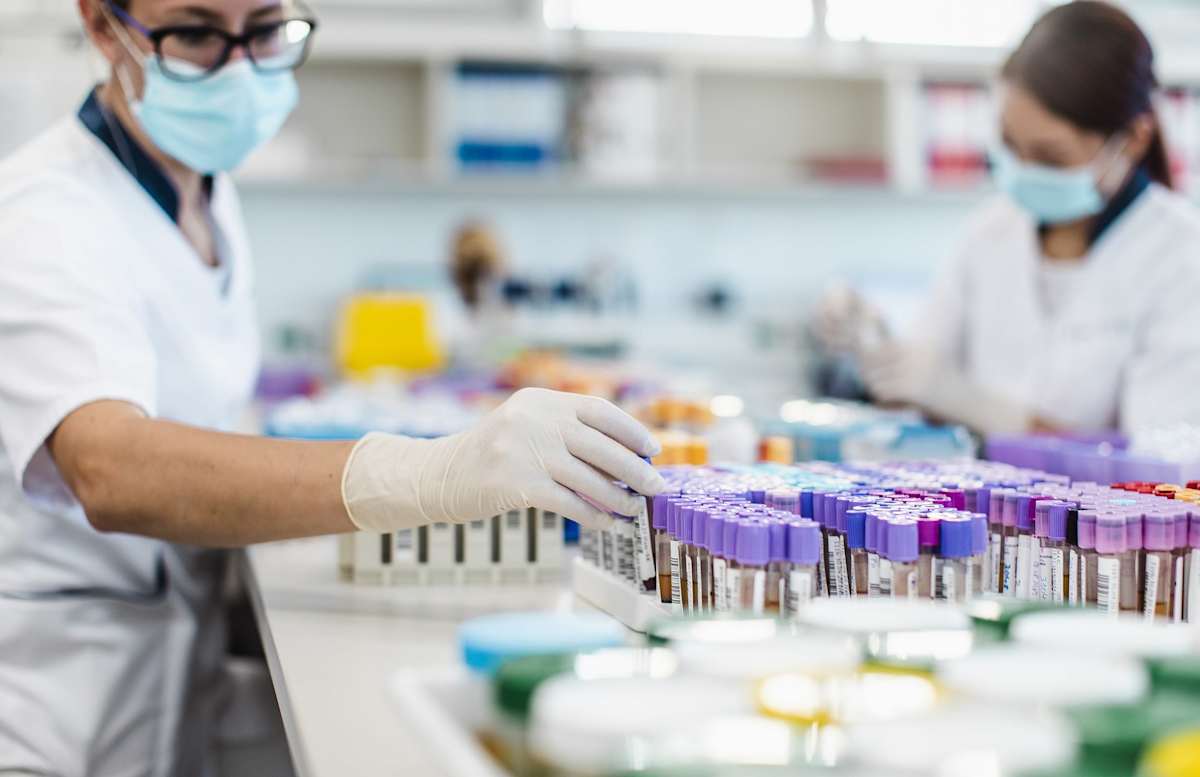
Advancements in medicine to improve people’s health usually occur through carefully-performed clinical trials.
These trials tell us if a new medical treatment is better or worse than existing treatments, or similar.
If it’s better, the new treatment may become the new standard of care. If it’s worse, we stick with the old treatment. If it’s similar, the trial may at least tell us that a new treatment might be easier and cheaper to deliver, or with fewer side effects.
Big breakthroughs are rare in medicine – progress is most often made through the continuous small steps forward that clinical trials help us to make.
Clinical trials should provide evidence that can be applied very broadly. But we already know that’s not always the case. Sometimes the information and evidence we gather cannot automatically be applied to everyone because of the lack of cultural diversity in our trial participants.
I lead a cancer trials group called ANZUP, the Australian and New Zealand Urogenital and Prostate Cancer Trials Group, which studies the “below the belt” cancers we sometimes avoid talking about (prostate, kidney, bladder, testicle, penis). This is outside of my roles at Monash University and Eastern Health, as head of the Eastern Health Clinical School.
ANZUP recently undertook an honest “warts-and-all” analysis of its own trials. We found low representation of patients from culturally and linguistically-diverse backgrounds, including Aboriginal and Torres Strait Islander people.
We weren’t alone – Australian clinical and research professionals reported in a 2023 survey that they didn’t routinely recruit culturally and linguistically-diverse patients into their cancer clinical trials, and that a lack of translated materials and difficulty accessing interpreters were significant barriers to participation.
Why is this a problem?
If our clinical trials only include a specific type of person (say, white, literate, English-speaking people with time and resources to attend inner-city hospitals if a clinical trial is not conducted close to home), we cannot assume the trial results can represent the whole Australian population.
Clinicians and patients can be misled by biased evidence, and might incorrectly but confidently assume the evidence from clinical trials applies to everyone.
The ability we all need to be able to make good medical decisions would be compromised.
We also know that a person’s ethnicity can influence a drug’s effectiveness and side-effects. A 2018 global study of drugs to treat renal cell carcinoma, a form of kidney cancer, found that people of Asian ethnicity experienced different side-effects than others.
So, there are compelling scientific and patient safety reasons why we should ensure that our clinical trials reflect the true diversity of our population. And, really, it’s also a pretty basic human rights issue, too.

‘Investigator-initiated’ trials
Monash’s Eastern Health Clinical School, a research and education powerhouse of Eastern Health, serves the largest geographical area of any metropolitan health service in Victoria. It stretches across Melbourne’s eastern suburbs and into the Yarra Valley.
Among our patients, 29% were born in a non-English-speaking country, with more than 30,000 speaking a language other than English. We’re mainly located in Box Hill, where 46 % of the population has Chinese ancestry.
We have a very active clinical trials program, and more than 40 % of our trials are “investigator-initiated”, which means our clinician-researchers have identified a health issue in the community and are testing out new treatments or models of care.
These are the clinical trials that address our diverse community’s specific health needs and concerns, and save the health system from using funds on out-of-date or less effective ways of providing care.
Right now, we can only deliver a fraction of our investigator-initiated trials that we want to do for our community due to a simple lack of space and resources. Compared to the 70,000 square metres of space in large inner-city hospitals such as the Royal Melbourne, or 40,000 at the Alfred Hospital, we have just over 800 square metres in which to deliver clinical trials that reflect the health needs and aspirations of patients across Victoria’s largest metropolitan health service.
I’m concerned this means our diverse communities are disproportionately missing out.
Improving access for underserved patients
We’re trying to fix it, though. Eastern Health and Monash University have developed research programs aimed at helping underserved parts of the community who may otherwise not have equitable access to the excellent care others can receive while participating in clinical trials in our inner city hospitals, or who are unable to take advantage of clinical trial opportunities due to reasons such as caring responsibilities, distance or time constraints.
One example is current work led by Associate Professor Jacqui Boyle. She’s an obstetrician and gynaecologist, and is the head of the Health Systems and Equity Directorate at Eastern Health Clinical School.
Her team is looking at how to provide better and more appropriate care for women with gestational diabetes to ensure the best outcomes possible for themselves and their babies.
Our results should have immediate and relevant impacts on our local communities, and can be readily adapted into other communities and clinical settings across Victoria, Australia and beyond.
It’s so important to ensure our clinical services and clinical trials reflect and respect the cultural diversity of our communities.
That will ensure our care is better, that we will produce more useful and effective research, and promote better health equity and health outcomes for everyone – these things are in everyone’s best interests.





